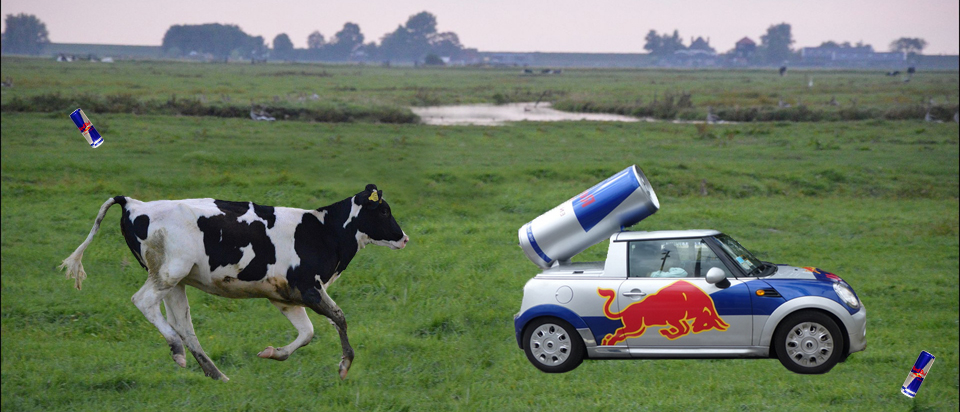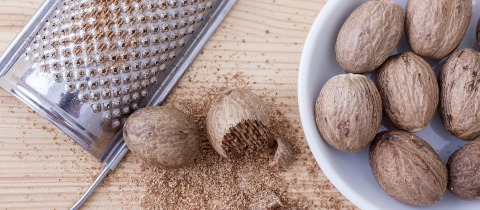While it is true that taurine was originally isolated from bull semen, it is now produced synthetically. This compound is an “aminosulfonic acid” that is widely distributed in the human body and plays a role in cardiovascular function, development of the nervous system and formation of bile acids. Since it is found in meat and fish, and can also be synthesized in the body from the amino acid cysteine, there is no evidence of anyone ever having a shortage. There is some minimal evidence that as a supplement it may help with congestive heart failure and that it may improve athletic performance and reduce anxiety.
Energy drink producers have capitalized on the few studies that have shown some benefit while ignoring others that showed no effect and have proceeded to add taurine to their formulation. These energy drinks promise to stimulate both the body and the mind with a combination of ingredients which in the case of Red Bull amount to caffeine, taurine, and various B vitamins. While the effect of taurine is dubious, it justifies the drink’s name, which is intended to conjure up an image of becoming “strong as a bull.” The B vitamins added do not produce any sort of stimulation, leaving caffeine as the “energizing” component of Red Bull.
The literature on energy drinks is extensive and reveals many cases of emergency room visits, mostly due to palpitations and arrhythmias, either when such beverages are consumed with alcohol or alone. A randomized controlled trial has even shown that energy drinks produced more electrocardiogram aberrations than a control beverage containing an equivalent amount of caffeine. This suggests that further evaluation of non-caffeine ingredients in energy drinks is warranted. In virtually all cases of adverse effects, though, consumption was high, over 500 mL. Obviously, excessive consumption of energy drinks should be avoided but not because of a concern that taurine is isolated from bull semen. But even if it were, so what? The origin of a compound has no bearing on its function. Taurine is taurine whether it comes from a bull or a lab.
Want to engage with this content? Comment on this article on our Facebook page!







